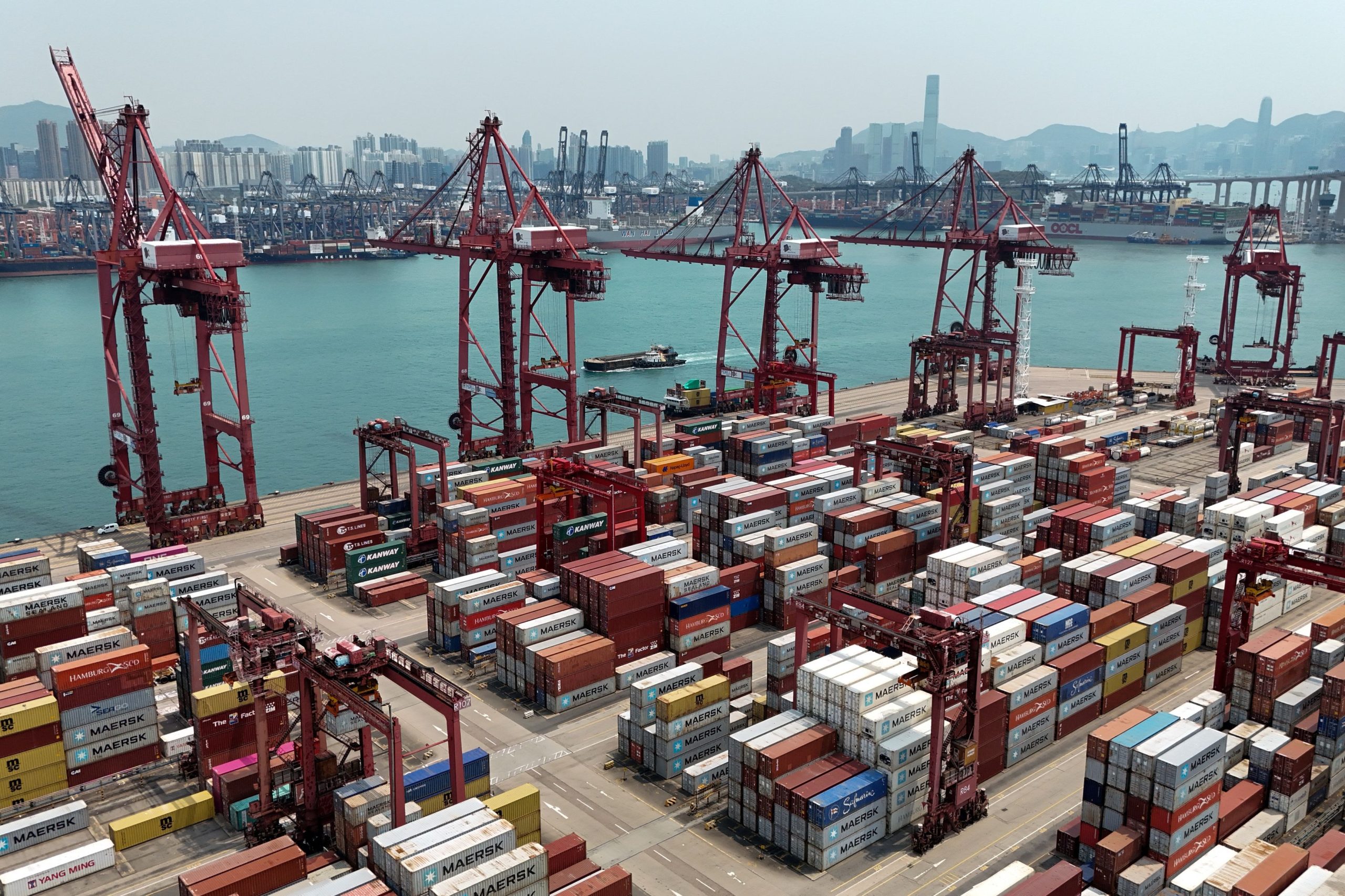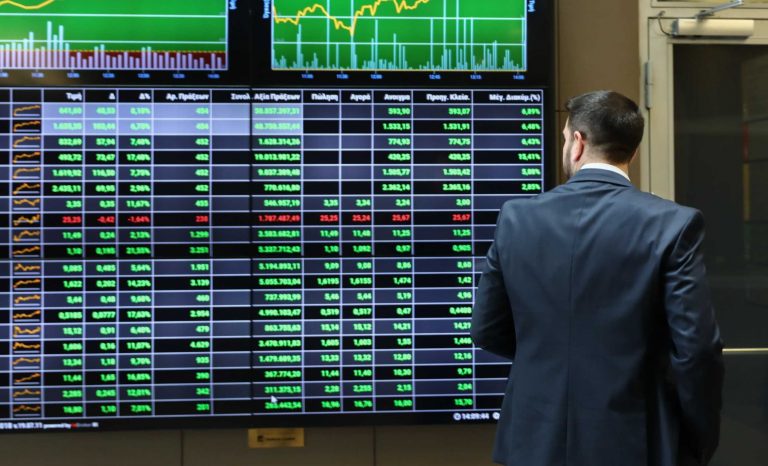Bank of America publishes today its main conclusions from the trip (September 27) of its analysts to Greece, when they met with high-ranking government officials, the Bank of Greece, the European Commission, the Athens Stock Exchange, major banks and other representatives of private sector, as well as distinguished journalists and political analysts.
Overperformance… the new normal
As analysts found, the economy continued to outperform relative to the rest of the Eurozone, with growth above forecasts. BofA now expects Greece to continue to grow faster than the rest of the Eurozone, with risks still to the upside in the short term.
A delayed recovery from the pre-pandemic crisis, in an economy less sensitive to high interest rates after the massive deleveraging of the previous decade, political stability, structural reforms and strong performance, in tourism in particular, are the reasons for the overperformance.
As a result of the above, revenues also continued to outperform, allowing the government to easily meet fiscal targets in turn. With nominal GDP growth well above budget projections, the government managed to return to primary fiscal surpluses last year, with the balance expected to continue to improve this year and next. This is despite significant new spending from unexpected, severe shocks, including a spike in energy prices last year and natural disasters from fires and floods in several areas this year.
Political stability has been maintained and the government is strong following its recent election victory. The ruling New Democracy party did much better than the polls suggested in the last election, and the latest polls show it remains popular. The main opposition party, SYRIZA, elected a new leader after internal party elections and is planning a party conference soon to determine the way forward.
Seven priorities
The Greek government highlighted the following seven priorities during its meetings with BofA analysts:
• Real income support. Although the government is concerned about inflation and its effects on competitiveness, they also see the need to catch up with real incomes after a sharp fall during the crisis of the last decade.
• Sticking to budget goals no matter what. The government is fully aware of the need to safeguard the country’s hard-earned fiscal credibility.
• Reparations and reconstruction after recent, severe natural disasters. Preliminary official estimates show damages of up to 700 million euros, but that could change
• Utilization of EU funds (RRF or NGEU). Greece is on track with implementation and funding, and well ahead of most EU countries.
• Combating tax evasion. While this has been an ambition of every Greek government in recent decades, authorities have argued that this time could be different due to the expansion of digitization and intersections with already tangible results.
• Reform of the judicial system. This was one of the key structural reforms during the adjustment program in the last decade, but governments failed. The project is huge, with a huge backlog and years of delays.
• Health care reform. Much has improved in recent years, but problems and inefficiencies remain.
Challenges and risks
Everyone BofA met, as well as the investors on its trip, were concerned about the global economy and possible scenarios. Greece remains highly exposed to global markets and Greek assets may face pressure during a broad sell off. Although not the main scenario, a Eurozone recession with interest rates remaining high (and) longer to meet the inflation target would also affect the Greek economy. Meeting fiscal targets may also become more difficult in this case.
Complacency is always a risk after strong performances. The Greek government at this point is committed to continuing its reform efforts and believes that the last elections have given it a strong political mandate. Many basic reforms are also conditions for RRF funding. However, given Greece’s experience, BofA recommends that investors remain vigilant for any signs that policy resolve may be weakening or, worse, moving in the wrong direction.
On the HFSF
The divestment of the Financial Stability Fund’s holdings in Greek banks could prove challenging. The goal is to complete the divestment and close the HFSF by the end of 2025. As the HFSF strategy states, “the Fund will make every reasonable effort to dispose of all its shares in the Greek systemic banks before its maturity date, with orderly manner, consistent with the objective of maintaining financial stability while ensuring that the market receives fair value’.
For BofA the strategy will provide significant benefits for the Greek economy as a whole, increasing the free dispersion of Greek banks which is expected to further enhance the liquidity and efficiency of the Greek capital markets, providing more opportunities for foreign direct investment in the Greek banking sector. The divestment could face challenges, however, depending on global market conditions.
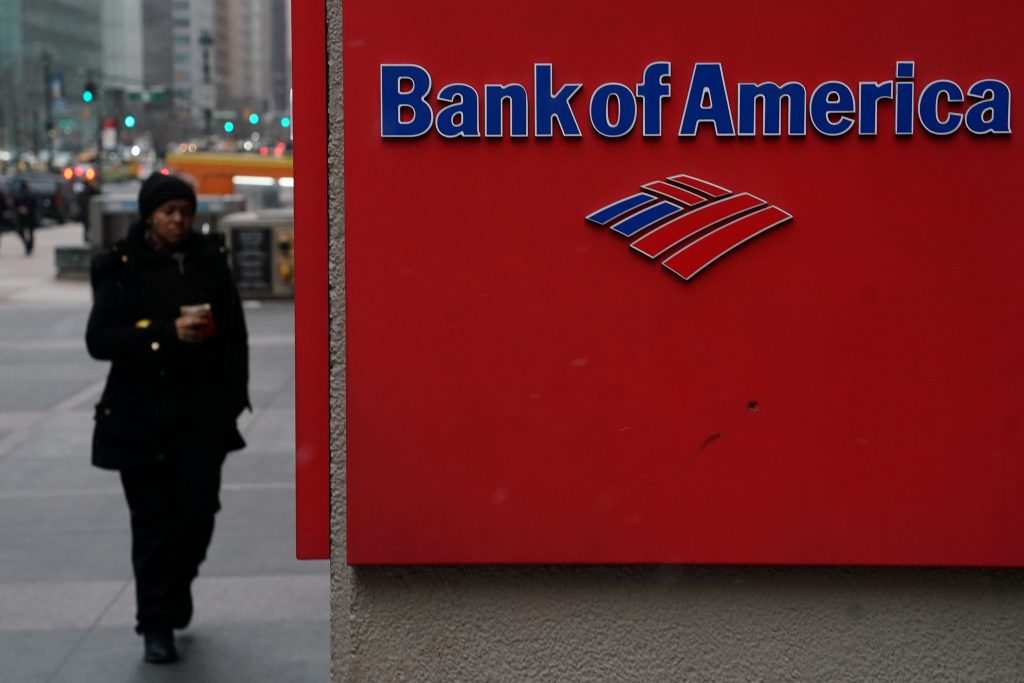
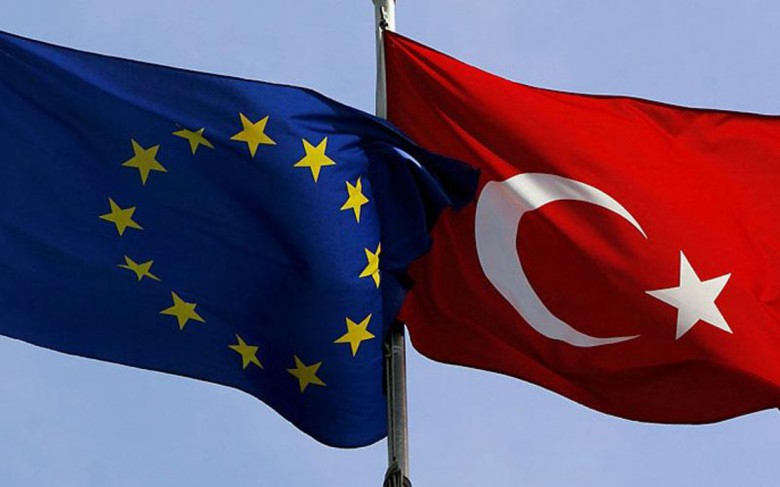


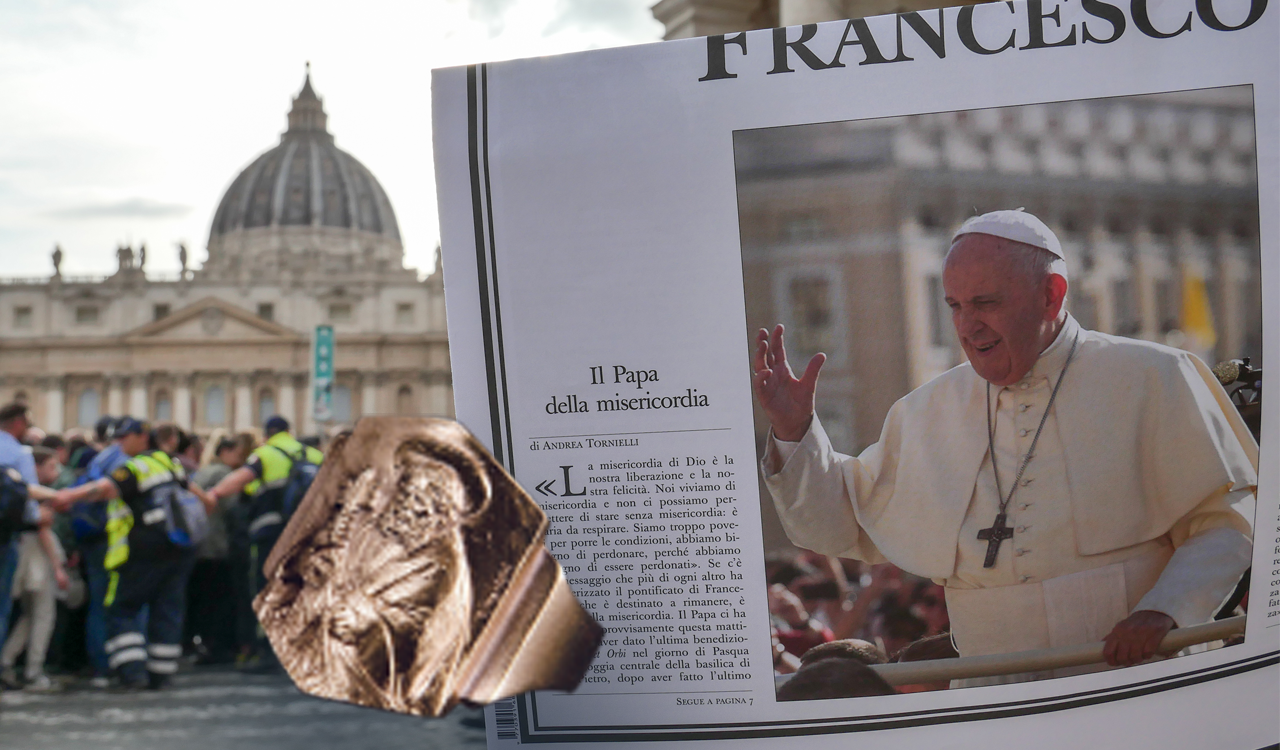






![Οι αλλαγές που υπάρχουν στα φορολογικά έντυπα για τα εισοδήματα του φορολογικού έτους 2024 από ακίνητα [Γ’ Μέρος]](https://www.ot.gr/wp-content/uploads/2025/03/akinita.jpeg)

